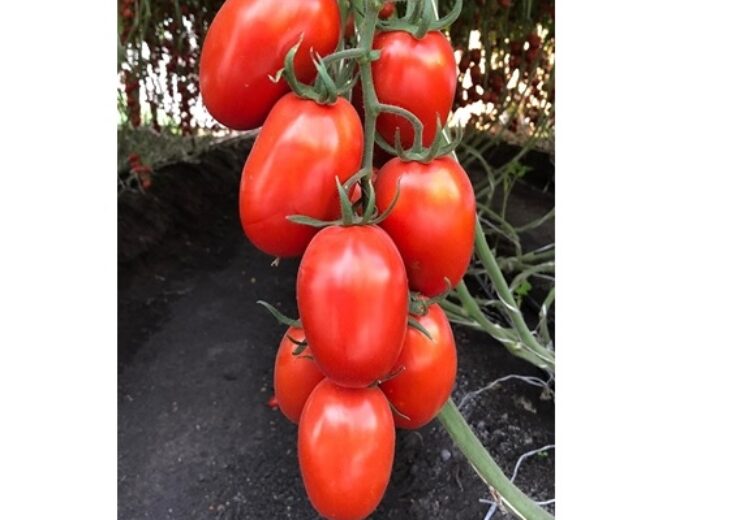The trials will comprise two varieties of Roma-type tomato that claim intermediate resistance to ToBRFV

Bayer is using two varieties of Roma Tomatoes in trials to test for the presence of ToBRFV. (Credit: Bayer AG)
Bayer is set to commence the final large-scale pre-launch trials of Roma-type tomatoes with an aim of developing resistance against tomato brown rugose fruit virus (ToBRFV).
Slated to commence later this month, the trials will comprise two varieties of Roma-type tomato that claim intermediate resistance (IR) to ToBRFV.
The symptomless carrier, a type of IR, will make the crop to show minor or no symptoms of the virus in the leaf or fruit will be infected by the virus, despite the presence of virus particles.
In 2014, ToBRFV was first noticed and is spreading quickly to the different areas of the world.
According to the company, the viral disease affecting tomato plants is posing a risk to the industry, as it is transmitting easily via multiple vectors such as farming tools and equipment, workers’ hands, plants, water, soil, and people.
Bayer plans to initially launch new varieties in Mexico following the trials
Bayer plans to make the new varieties available for commercial sale in Mexico in 2021, following the trials. Later, the products will be launched in other major markets across the globe.
The ToBRFV resistance programme is said to complement the company’s SHIELD programme, which is designed to offer clean seeds season after season to growers across the globe.
Since 10 years, the SHIELD programme has been focusing on the prevention, detection and elimination of pathogens at Bayer production and processing sites, as well as third-party production and processing sites for Seminis and De Ruiter brands.
Bayer’s vegetable seeds R&D head JD Rossouw said: “Bayer leveraged our global cross-functional teams and extensive research and development pipeline to offer a solution designed to ease the day-to-day challenges faced by growers.
“Our research continues across several tomato species with the goal of bringing further innovative resistance to growers as quickly as possible.”
In July this year, Bayer collaborated with artificial intelligence (AI) data analytics company Prospera Technologies to develop integrated digital solutions for vegetable greenhouse growers.
